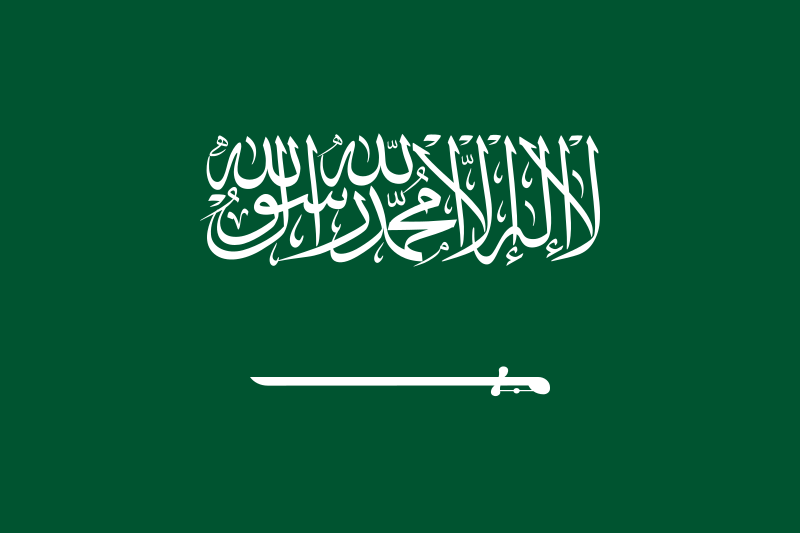
King Salman has dealt with various health challenges in the past, including gallbladder surgery in 2020. His advancing age and health concerns have prompted discussions regarding the ongoing responsibilities of Crown Prince Mohammed bin Salman (MBS), who has been playing an increasingly significant role in the administration of the Kingdom's affairs. As the de facto ruler, MBS has spearheaded numerous reforms under the Vision 2030 initiative, designed to diversify the Saudi economy and reduce its reliance on oil revenues.
The King’s health issues come at a time of heightened activity for Saudi Arabia on the global stage. Under MBS's leadership, the Kingdom has positioned itself as a critical player in regional diplomacy, most notably through its role in facilitating dialogues between nations such as Iran and the Gulf Cooperation Council (GCC) member states. Saudi Arabia's attempts at diplomacy have extended into its relations with Western powers as well, with the Crown Prince frequently engaging in talks with leaders from Europe and the United States.
The developments surrounding King Salman's health have not significantly altered the day-to-day operations of the Saudi government, thanks to MBS's strong grip on both domestic and foreign policy matters. However, analysts believe that any significant shift in the King’s condition may expedite formal transitions of power, although the official line has been to downplay the immediate need for such steps.
Topics
Spotlight
